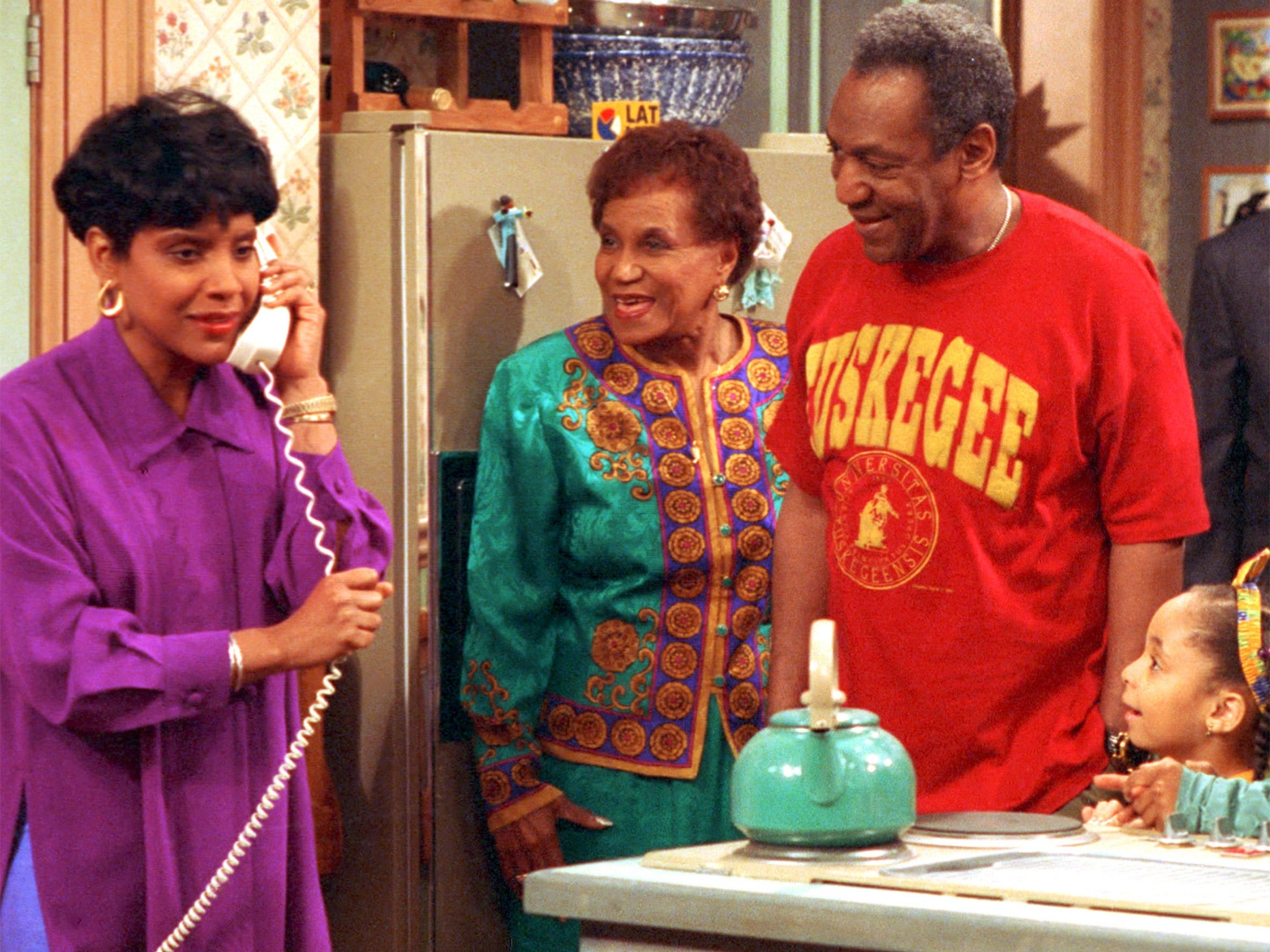
When The Cosby Show premiered on September 20, 1984, television was forever changed. The sitcom, which focused on the Huxtable family — an affluent, educated African-American family living in Brooklyn — broke boundaries and set new standards for what audiences could expect from a family-oriented TV show. In an era where African-American characters were often relegated to sidekicks or caricatures, The Cosby Show gave viewers a refreshing and groundbreaking perspective on African-American family life, forever changing the portrayal of black Americans on television.
The Breakthrough
Before The Cosby Show, prime-time television was dominated by predominantly white, working-class families, with few examples of African-American families depicted in lead roles. Shows like The Jeffersons and Good Times had broken some ground in the past, but these sitcoms often focused on the struggles and challenges faced by African-American families. In contrast, The Cosby Show presented the Huxtables as a wealthy, professional family, with Cliff Huxtable (Bill Cosby) being a successful obstetrician and his wife Claire (Phylicia Rashad) a lawyer. The children, portrayed by Malcolm-Jamal Warner, Tempestt Bledsoe, and Keshia Knight Pulliam, were well-educated, respectful, and balanced, portraying a strong family dynamic that resonated with a broad audience.
What made the show so revolutionary was not just the focus on an African-American family, but how it approached complex issues of race, class, and family life. The Huxtables were aspirational figures, but they were not portrayed as flawless. They struggled with everyday family issues, from sibling rivalries to the challenges of raising teenagers. The Huxtables showed that successful, educated African-Americans were not only attainable but could also be relatable.
Changing the Narrative Around Race
At the heart of The Cosby Show was its ability to challenge the existing narratives around race. Traditionally, African-American families had been stereotypically portrayed in a negative light on television, often shown as struggling, impoverished, or dysfunctional. But in The Cosby Show, viewers saw an African-American family with the same complexities and challenges as any other family. The characters were not defined by their race, but by their humanity.
By featuring successful, intellectual African-American characters, The Cosby Show helped redefine what it meant to be black in America. The Huxtables weren’t just overcoming adversity — they were thriving. This message was crucial for viewers of all backgrounds, showing that African-Americans could hold prominent roles in society and achieve success without being defined by their race or the history of oppression.
The show also dealt with race in subtle yet powerful ways. For example, in one episode, the Huxtables hosted a celebration for their eldest daughter, Denise, as she prepares to go to college. When she arrives home with a white boyfriend, the show doesn’t make race the focal point. Instead, it focuses on the emotional dynamics between the characters. The show didn’t ignore race, but it wasn’t preoccupied with it either. This was groundbreaking, and it allowed viewers of all races to see themselves in the Huxtables’ world.
The Bill Cosby Influence
Bill Cosby was the genius behind the show, not only as its star but as its executive producer. His vision was clear: he wanted to create a show that showcased the diversity and strength of African-American families in a positive light. As the central figure of the show, Cosby brought a certain charm and wit to Cliff Huxtable, who quickly became one of the most beloved characters in television history. He was the epitome of the loving, wise, but also humorous father figure.
Cosby’s impact was profound in shaping The Cosby Show as an institution in American culture. He worked tirelessly to ensure the show didn’t just focus on race but also dealt with universal themes like family, education, and personal growth. His influence also extended beyond the show itself. In the years following The Cosby Show, Cosby became a symbol for success and positive representation of African-Americans, influencing everything from educational programs to public perceptions of black professionals.
A Legacy of Representation
One of the greatest achievements of The Cosby Show was its long-lasting impact on television. It set the stage for future shows with African-American leads, including A Different World, The Fresh Prince of Bel-Air, and Family Matters. Without The Cosby Show, it is doubtful that these shows — and the representation they provided — would have existed in the same way. The Huxtables were an aspirational family, and they gave viewers of all races a new lens through which to view African-American families. They were relatable, authentic, and, most importantly, represented a narrative that had been sorely lacking on television.
Today, The Cosby Show remains an important cultural touchstone. It demonstrated how television could be a tool for social change, and it set a standard for how to portray African-American families in a positive, realistic, and empowering light. While controversies surrounding Bill Cosby’s personal life have complicated his legacy, the impact of The Cosby Show remains undeniable. It wasn’t just a sitcom; it was a cultural milestone that changed the television landscape forever.
